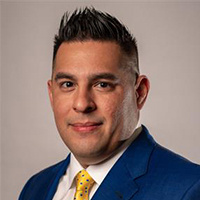Boling White Collar Crime Lawyer, Texas
Sponsored Law Firm
-
 x
x

Click For More Info:
-
Law Office of Robert R. Jones III
2411 Emancipation Ave, Suite 202, Houston, TX 77004» view mapCriminal Defense Expert Representation for Reasonable Rates
If you need representation, call me 24/7.
800-883-8760
Adam W. Capetillo
✓ VERIFIEDMr. Capetillo was born, raised, and still resides in Fort Bend County, Texas. He graduated from B.F. Terry High School as a fighting Terry Ranger Base... (more)
Marshall Douglas Murphy
Doug Murphy stands as a prominent figure in the legal realm of Houston, Texas, with a focus on Criminal Law and DWI Defense. His career, which began i... (more)
Mark W. Bennett
Since graduating from law school in 1995, he has dedicated his career to criminal defense, never stepping foot in the realm of prosecution. Mark posse... (more)
David William Kiatta
FREE CONSULTATION
CONTACTDavid R. Bires
FREE CONSULTATION
CONTACTFREE CONSULTATION
CONTACTFREE CONSULTATION
CONTACT Robert Jones San Antonio, TX
Robert Jones San Antonio, TX AboutLaw Office of Robert R. Jones III
AboutLaw Office of Robert R. Jones III Practice AreasSpecializations
Practice AreasSpecializations




